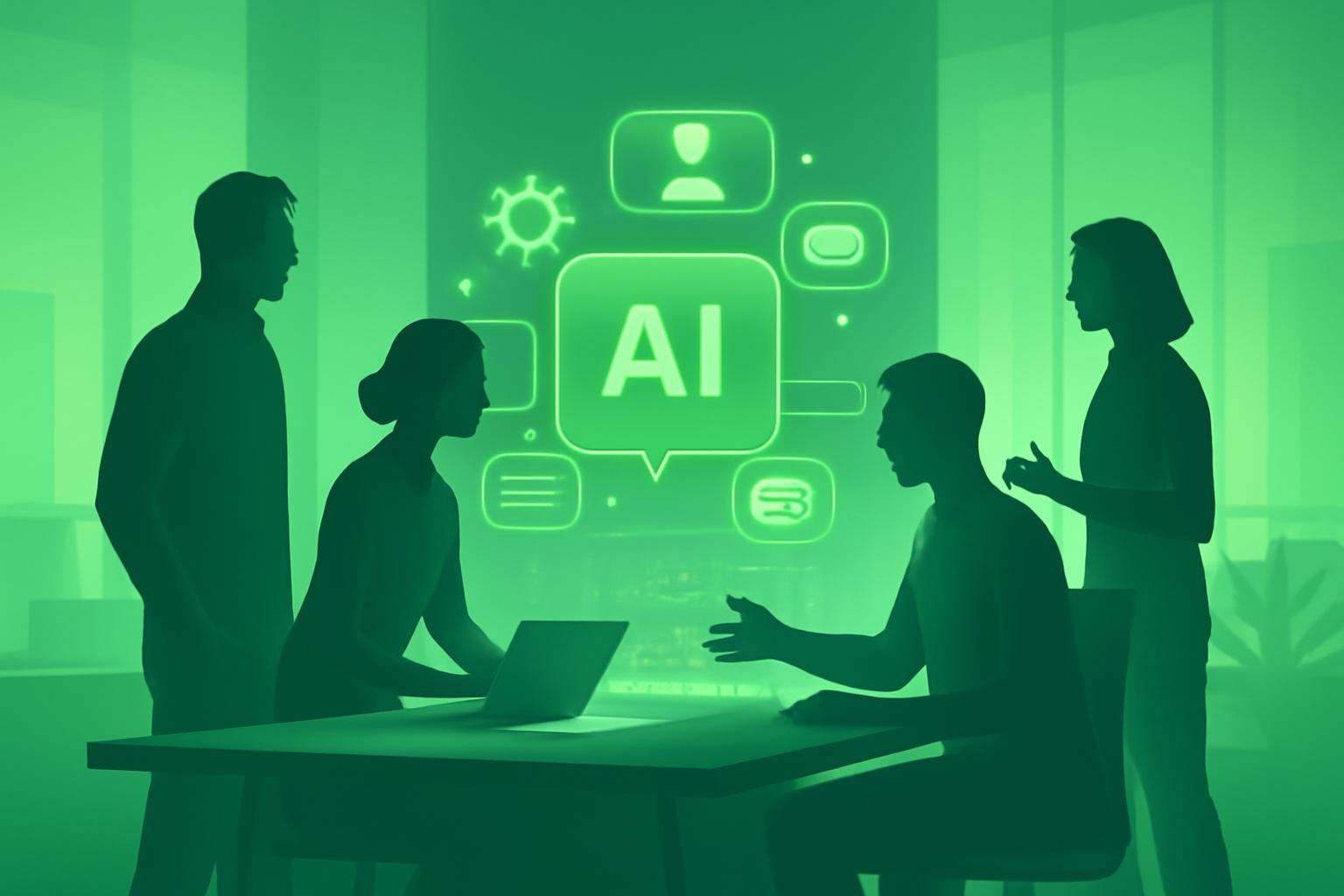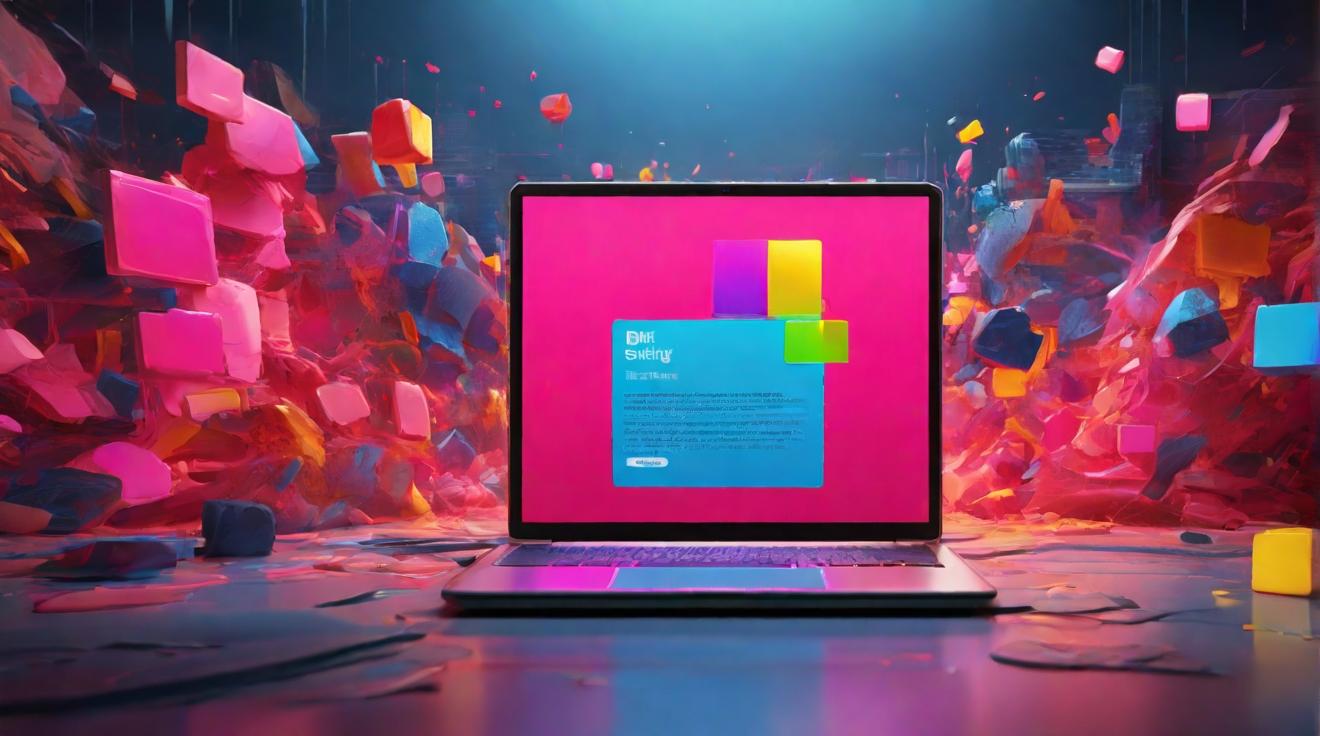Google Introduces Sharing for Custom Gemini AI Assistants
Google announced on September 18, 2025, that users can now share their custom-built Gemini AI assistants, called Gems, with others. This update builds on the feature launched last year, which allowed subscribers of the Gemini Advanced paid tier to create AI chatbots tailored for specific tasks such as learning coaching, brainstorming, career guidance, writing editing, and coding assistance.
Previously limited to individual use, Gems can now be shared as easily as files via Google Drive. This enhancement aims to broaden access to these AI tools by enabling users to distribute their custom AI assistants to friends, family, or colleagues without requiring each person to build their own version.
Streamlining Collaboration and Consistency
Sharing Gems addresses a practical challenge: preventing duplication of effort and ensuring consistency among users working on similar tasks. For example, teams collaborating on projects or planning family activities can use a shared Gem to maintain a unified approach, avoiding the slight variations that may arise when multiple assistants are independently created.
Google highlighted possible applications such as coordinating family vacations, meal planning, or joint writing projects. Users can manage sharing permissions within the Gem manager on the web app, controlling who can view, use, or edit each Gem, paralleling the familiar Google Drive sharing interface.
Availability and Expansion
The sharing feature initially rolled out to Gemini Advanced, Business, and Enterprise subscribers across more than 150 countries. In March 2025, Google expanded Gems availability to all users and introduced support for file uploads, further enhancing the utility of these AI assistants.
FinOracleAI — Market View
Google’s introduction of sharing capabilities for custom Gemini AI assistants is likely to have a positive short-term impact by increasing user engagement and broadening the utility of its AI offerings. The feature enhances collaboration and reduces redundant development, which can improve productivity for both individual and enterprise users. Risks include potential privacy concerns around sharing AI assistants and the need for Google to ensure seamless permission controls. Market observers should watch for adoption rates and feedback on usability as key indicators of success.
Impact: positive













